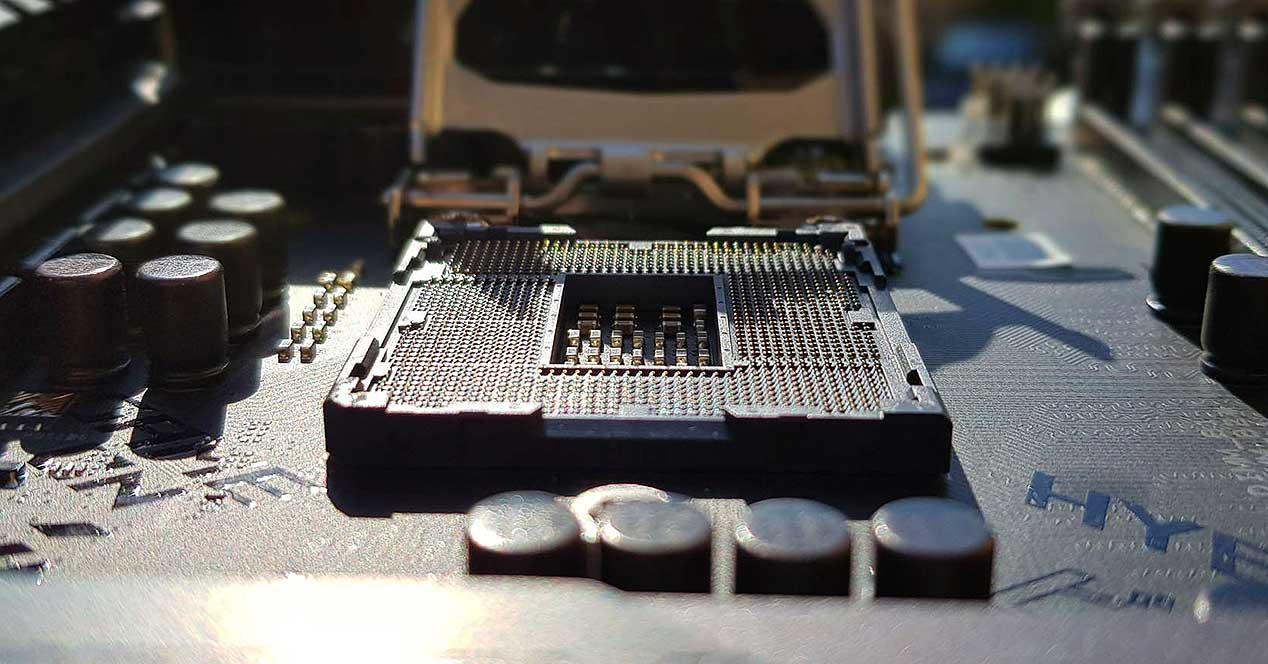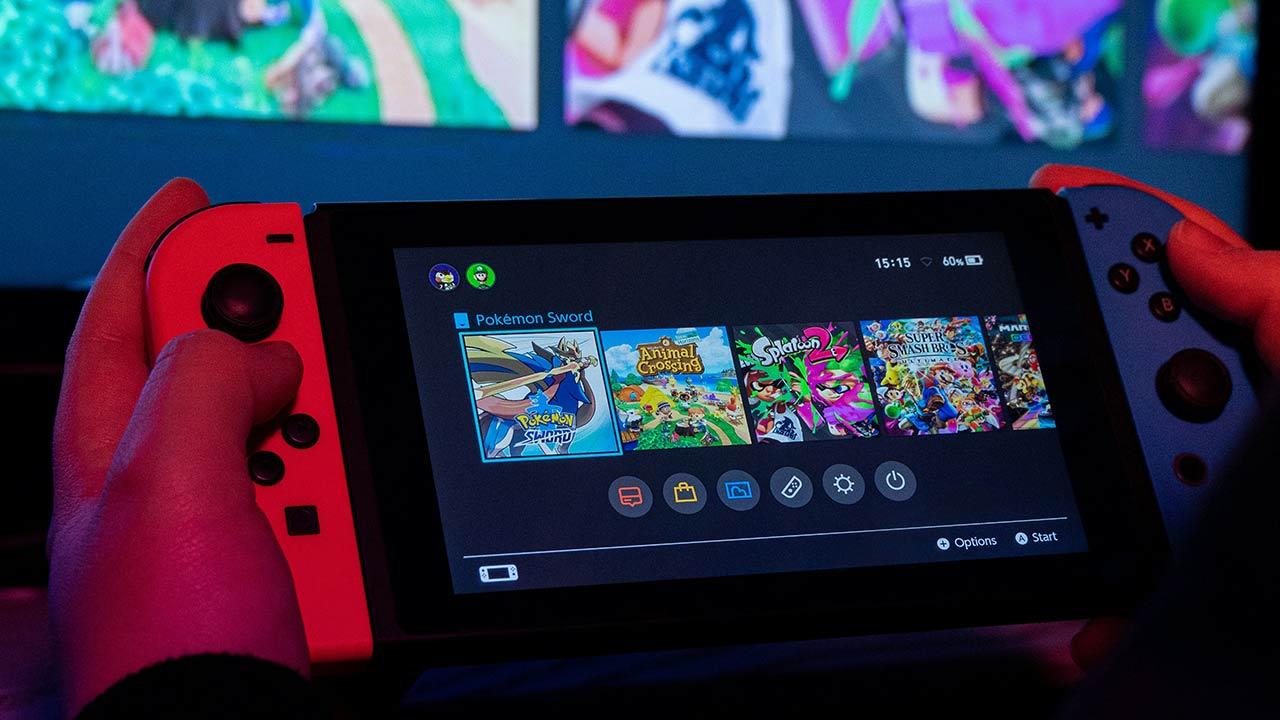It was recently unveiled the official commercial services of GIGABYTE a company that guarantees support on all of its Z490 motherboards for PCIe 4.0 support. There would be nothing new or news if it weren't for the two basic problems in this product statement:
- Intel has not issued an official support order for PCIe 4.0, at least so far, under Comet Lake-S.
- PCIe 4.0 functionality on GIGABYTE boards will be limited.

If you look at the situation this way, GIGABYTE and Intel are more than a good discussion in the background.
GigABYTE limits the build of its mother boards with PCIe 4.0 thanks to the Z490 chip

This is something that if one or the other hypothesis as to who is being tagged is confirmed, can be observed long before it is too long. We've been reporting months of problems with Intel having to use PCIe 4.0 on its chipsets, to the point that the Z490 is out of date and will only be installed with PCIe 3.0.
So and as much as it may be, version 4 of this interface will come with the hypothetical Z590 and in all its splendor as it did on AMD's X570, although we hope that in the case of Intel it doesn't have to rely on an auxiliary fan.

Although details of GIGABYTE are under the embargo and are therefore not official, details about the implementation of PCIe 4.0 on its boards are disclosed:
- 2 PCIE 4.0 Slots (PCIe 4.0 x16 or x8 / x8 thick with low barrier)
- M.2 PCIe 4.0 slot (M.2 PCIe 4.0 x4 slot with lower barrier)
- PCIE 4.0 Turbo B-Clock (external clock generator for you exceeded it on PCIe 4.0)
- PC switch 4.0 switch (PCIe 4.0 x16 switch on PCIe x8 / x8)
- PCIe 4.0 Re-driver (Enhance and strengthen PCIe 4.0 signal lengths)
- 3.3x average times over Slots hardness ratio
- Minimum signal loss times are 4x times
Will Comet Lake-S integrate PCIe 4.0 and train it with Intel on purpose?

It's a big question left to be resolved. It is clear that GIGABYTE is ahead of the curve and is thinking about the future of Rocket Lake-S and will seek to exclude sales from its competitors on the grounds that it will no longer switch its motherboard and support PCIe 4.0 securely.

The questions fall apart, which is something that other manufacturers have used and just don't express? Does Intel deliberately configure the PCIe 4.0 to PCIe 3.0 controller with UEFI? And last but not least, will Intel allow the sale of motherboards under PCIe 4.0 if its policy is not to maintain PCIe 3.0 for NPMe GPUs and SSDs?


As we can see, the war is open and although it is rewarding and not an official letter from GIGABYTE, it definitely has a spade among the producers, because which of them will want to stay behind?
Without a doubt it's all a lot of fun, more than the design itself will think, rather than a bit …







